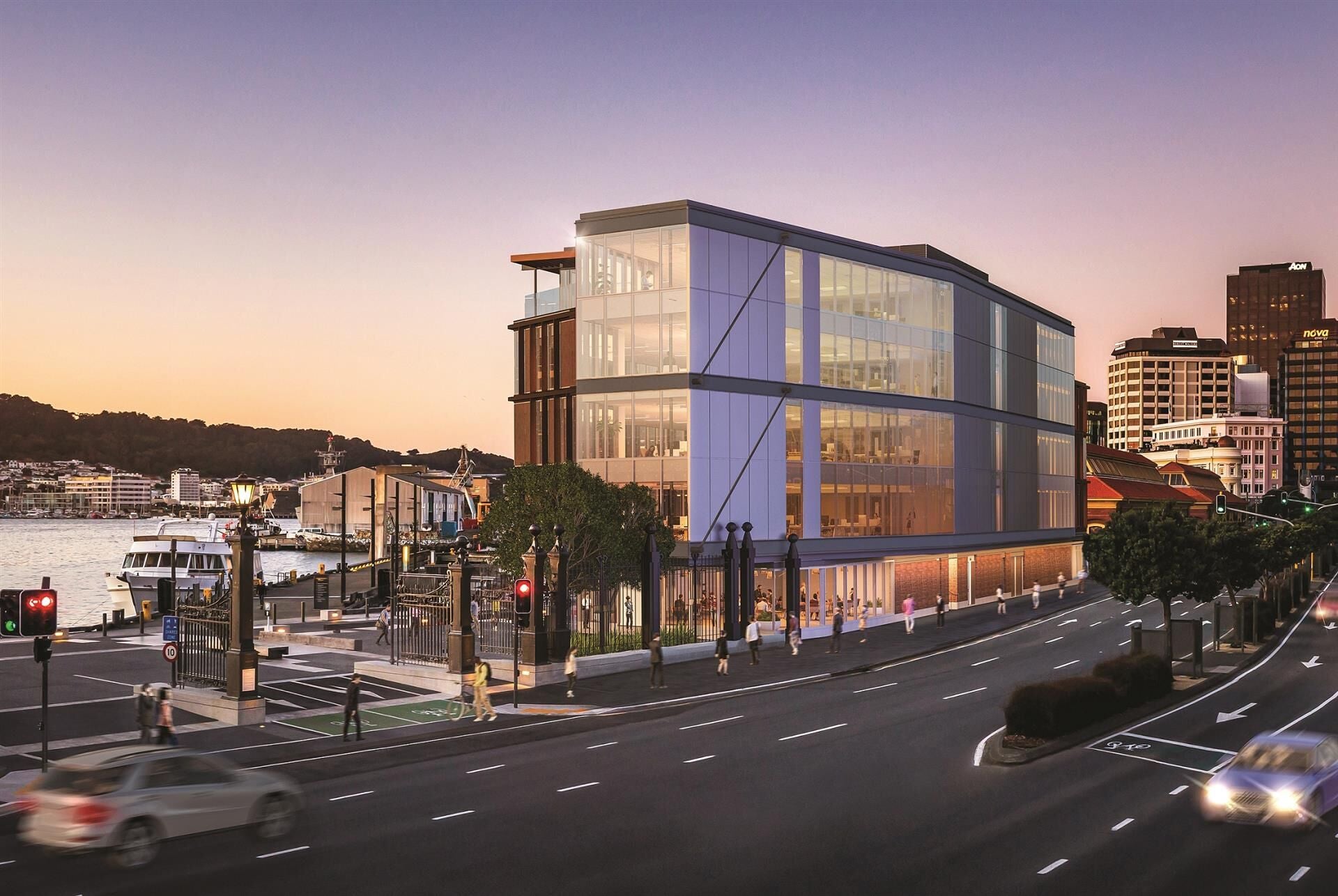Capital’s office leasing sector resilient despite market challenges

The resilience of the capital’s office sector – demonstrated by ongoing low vacancy rates, steady rental rates and demand for quality stock – is explored in the latest Bayleys Research Wellington CBD office market update report.
The relatively stable Wellington office market hinges largely on the scale of government occupation in the city, according to Bayleys.
On the back of Wellington’s seat-of-government status, and, with the demand for social, housing and health-related services amplified by the COVID-19 environment, there’s been minimal contraction in Crown-occupied space, said Mark Hourigan, managing director Bayleys Wellington Commercial.
“Overall vacancy in the Wellington CBD is currently sitting sub-6 percent which, compared to other markets, is very low and shows the benefits of having Government occupation in the city,” he said.
“Government tenancies are also leading the way regarding sustainability credentials of office buildings.
“The new mandate for all buildings occupied by government occupiers to have a NABERSNZ energy-efficiency rating will see some movement happening around the city and will start to have a flow on effect to the wider office market, particularly in the large corporate space.
“NABERSNZ ratings are still voluntary in the private sector, but the example set by government will gradually impact the views of other occupiers and will advance new-build design by further raising expectations around energy management strategies, reduced occupation costs and alignment with more-sustainable principles.”
Bayleys leasing agents Luke Frecklington and Luke Kershaw said unlike the Auckland office market, the capital has seen minimal sub-leasing activity and there has been no wholesale exiting of the market by any tenant sectors.
“It’s estimated that Wellington has around 20,000sqm of sub-lease space in the market, whereas Auckland has around three times that,” said Frecklington.
“When the economic uncertainties of the COVID-19 narrative started playing out, we anticipated that Wellington-based businesses might need to downsize, however, by-in-large, they haven’t.
“Rather than businesses taking a knee-jerk approach to downsizing or relocating, we’ve found that as leases organically expire, occupiers are reassessing their space needs based around their revised bottom-line requirements and new working models.
“There has been some consolidation of space from multiple buildings to one, but generally that is not pandemic-related, as with the BNZ which will merge its administrative functions into one mothership building in Whitmore Street, having previously been fragmented across several CBD premises.”
Frecklington said unlike Auckland, where the geographical territory is so broad and businesses are adopting more-distributed workforce models and hybrid ways of working for efficiency, Wellington’s more condensed footprint means that CBD office space remains in demand.
“After the enforced lockdowns which dictated work-from-home strategies, it seems that office-based businesses around the world are realising that they need to bring their staff back into the main office for productivity, team culture and networking reasons.
“Even Google, trailblazers for the remote working business model even before the pandemic changed the game, has directed its staff to come back to office headquarters in the name of brand culture and idea-sharing.”
The flight to quality is also driving market fundamentals in the capital with a steady pipeline of high-specification new stock coming onstream, with sound precommitments from engaged and discerning tenants.
The value of new and altered office consents in the Wellington City region topped $250 million in 2020 – the highest in a decade and a 60 percent increase on 2019, showing the demand for quality office space.
“Several new developments recently crossed the threshold of precommitment levels enabling construction to start,” said Kershaw.
“The new 14-level base-isolated building at 1 Whitmore Street being developed by Newcrest, has already been fully-leased to BNZ, while Bell Gully have leased two levels of the new circa-4,000sqm Willis Bond Building on Customhouse Quay.
“Precommitments for office towers at Precinct Properties’ Bowen Campus further confirm the demand for high-specification, energy-efficient buildings from corporate occupiers.”
Other themes at play in the Wellington CBD office market include high business confidence, the conversion of secondary-grade office stock to residential use and the continuation of the seismic story.
“The seismic narrative remains crucial to the sector, fuelled by lessons learned from the Kaikoura earthquake event in 2016,” said Hourigan.
“There’s still some uncertainty around strengthening requirements, with the proposed technical revision to Section C5 of the Engineering Assessment Guidelines impacting seismic assessments and remedial work on buildings.
“These new regulations would require a new, higher level of code for commercial building owners and while not legislated yet, many building owners are defaulting to C5 in anticipation of higher thresholds being mandated.”
Bayleys Research has released its Wellington CBD office market update which provides data to support themes impacting the sector currently, and this report is available from Bayleys Wellington Commercial or online at bayleys.co.nz/research/commercial
